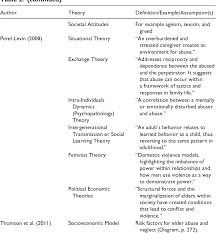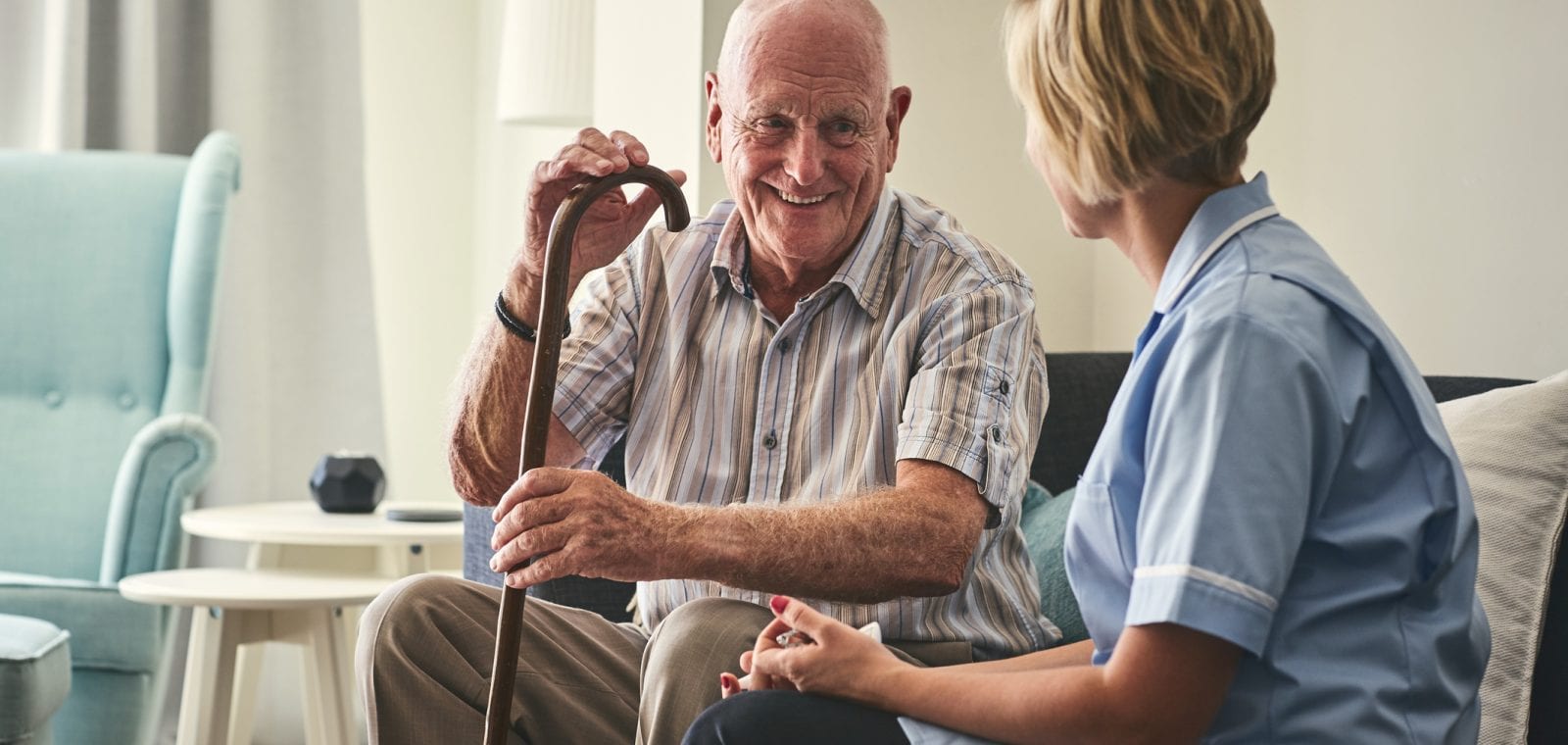
It can be difficult to care for an Alzheimer's patient as the primary caregiver. There are many resources you can use to help with your daily tasks. These resources can help you communicate with your loved one, as well as identify warning signs. Find advice on how you can recognize and manage uncontrollable behavior. Also, you will find information about keeping a caregiving diary to help keep track of all your tasks. These are some of the ways you can help an Alzheimer's parent care for their elderly parents.
How to identify warning signs
Identifying warning signs for Alzheimer's patients is an important part of caring for an aging loved one. While the disease itself is not complex, caregivers will need adjust their lives to accommodate it. Caregivers are often discouraged from seeking help because of stigma. But help is available. You can find support groups for information about caring for your loved one.

Communicating with patients
It can be difficult for an Alzheimer's patient to communicate, especially if it is not possible to speak the right words. You should give gentle encouragement to avoid irate outbursts and keep calm even when your conversation partner does not understand you. Remember that one of the most important aspects of Alzheimer's care is "talking," so you should offer your patience. Holding hands is a good way to show your affection and offer a loving gesture.
Dealing with uncontrollable behaviors
Uncontrollable behavior is one of the most challenging aspects of caring for someone with dementia. Dementia can lead to disinhibition, an aversion to moral behavior. Caregiving for someone with dementia can be an emotional and physical burden, and it can be challenging to deal with these situations. Here are some ways to manage these outbursts.
Keep track of caregiving activities
As an Alzheimer's caregiver you will need to keep track and take inventory of your tasks. You can assign tasks to others or use the memory of yourself to track your caregiving activities. There are many ways to get support from friends, family, or volunteer organizations. If your loved one lives far away, consider getting help for financial tasks, ordering prescriptions, and paying bills. Find out how to get help for your loved ones if they are unable or unwilling to do these things.
Plan for the future
After the diagnosis is made it is important to develop a plan to meet the needs and wants of the person living with Alzheimer's. Early planning is a way for the person to communicate their wishes and solve complicated financial and legal problems. It gives the individual time to deal with financial and emotional changes. Initial steps to plan for future care include choosing a caregiver and evaluating financial assets. These discussions can be assisted by a lawyer or financial advisor.

Support groups for caregivers
You may wonder if there are any support groups in your area for those caring for someone with Alzheimer's. A support group can be a valuable resource. Alzheimer's caretakers can talk about their experiences and exchange ideas on how to handle the changes. Support groups are a great way to get support for loved ones with dementia.